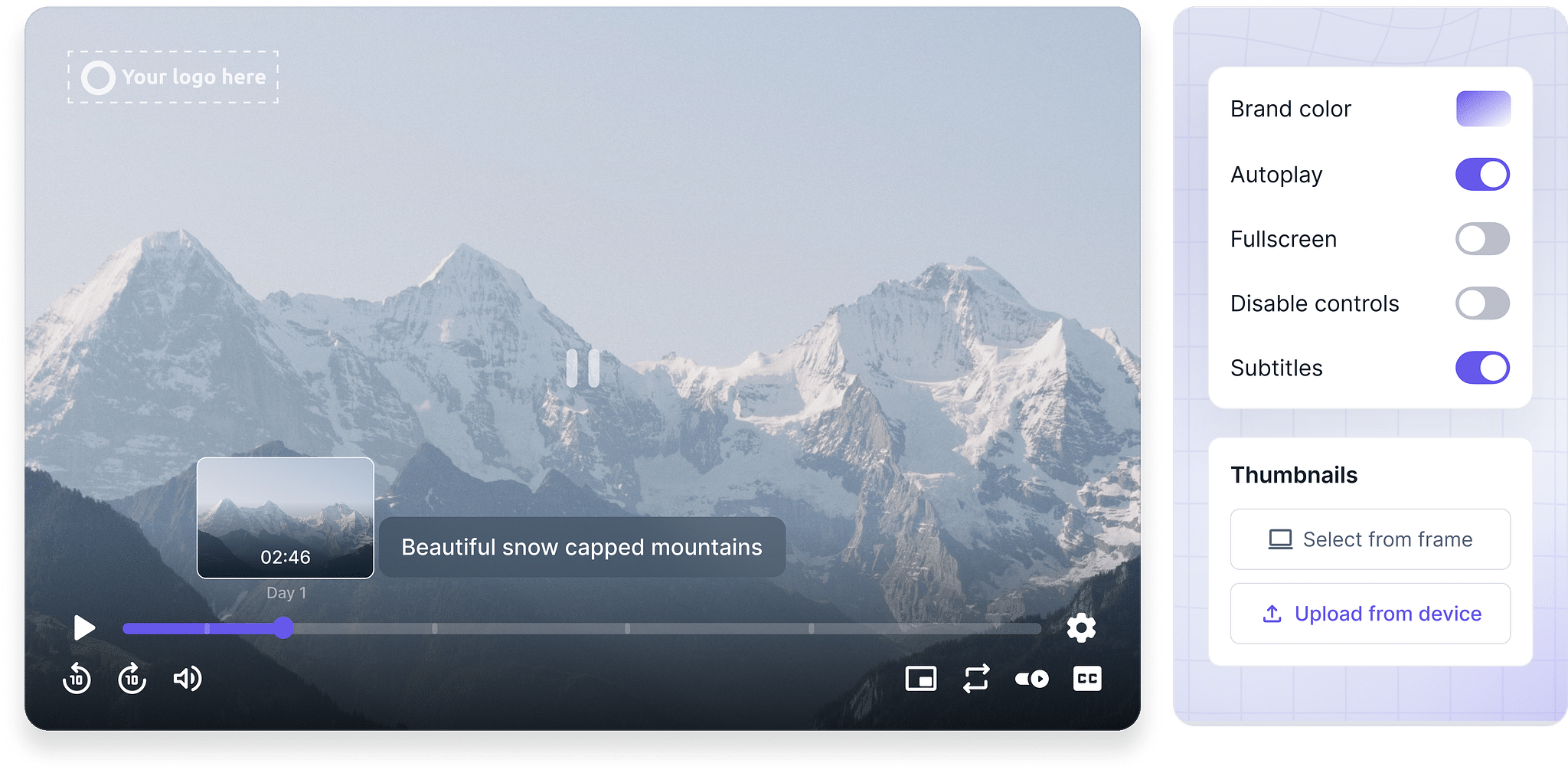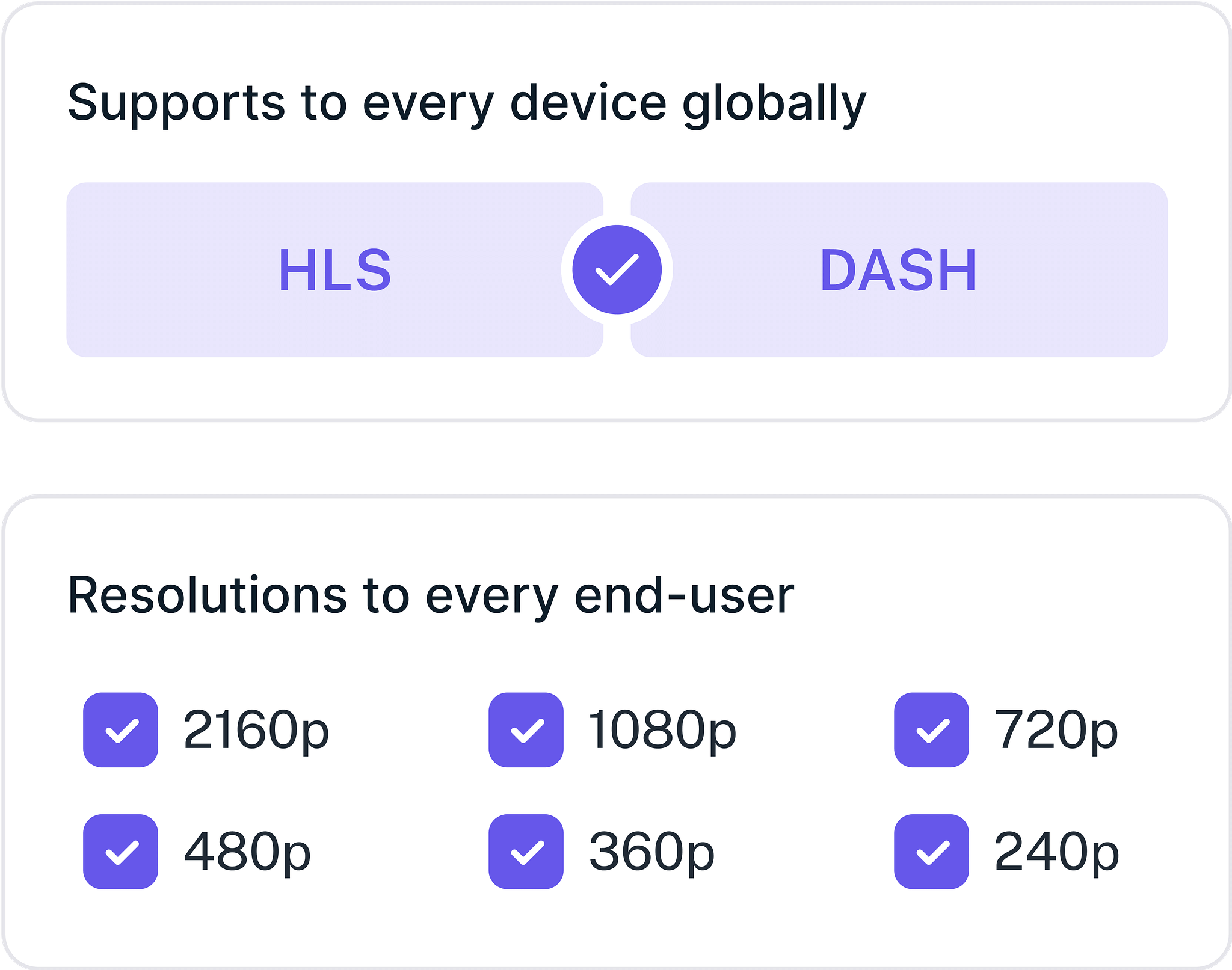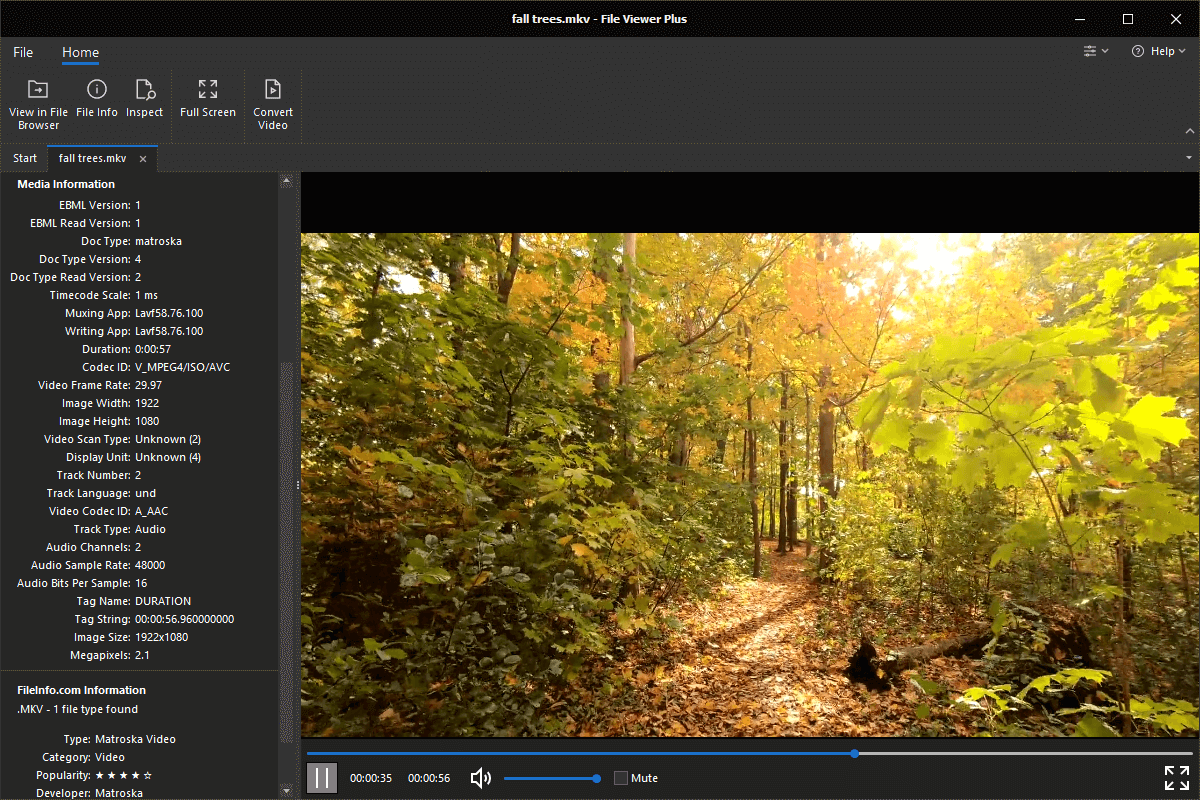Ever wondered what an MKV file is and why it’s so popular in the digital world? MKV files have taken the entertainment industry by storm, offering a versatile and high-quality format for storing multimedia content. If you’re someone who loves downloading movies, TV shows, or any kind of video content, chances are you’ve encountered MKV files at some point. But what exactly are they? Let’s dive right in!
Picture this: you’re browsing your favorite download site, and you come across a file with the extension .mkv. You’re probably thinking, “What is this MKV file, and why does it seem so different from MP4 or AVI?” Well, my friend, MKV files are like the Swiss Army knives of video formats. They’re designed to hold not just video but also audio, subtitles, and even metadata, all in one neat little package.
But hold up—before we get too deep into the technical stuff, let’s break it down for you. This guide is here to help you understand everything about MKV files, from their origins to their advantages, and even how to open and convert them. Whether you’re a tech enthusiast or just someone looking to enjoy their favorite content without hassle, this article’s got you covered.
What is an MKV File?
Alright, let’s start with the basics. An MKV file, short for Matroska Video File, is a multimedia container format that can store video, audio, subtitles, and other data streams in one file. Think of it as a digital container where you can pack everything you need for a seamless viewing experience. Unlike other formats like MP4 or AVI, MKV is known for its flexibility and ability to support a wide range of codecs.
Why MKV Files Are So Popular
So, why do people love MKV files so much? Here are a few reasons:
- Flexibility: MKV supports almost every video and audio codec out there, making it super versatile.
- High Quality: MKV files are often used for high-definition videos, ensuring you get the best possible picture and sound quality.
- Subtitles and Metadata: You can include multiple subtitle tracks and metadata like chapter markers, which enhances the viewing experience.
- Open Source: MKV is an open-source format, meaning it’s free to use and modify, unlike some proprietary formats that come with licensing fees.
History of MKV Files
Now that we’ve covered what MKV files are, let’s take a trip down memory lane and explore their origins. The MKV format was developed by the Matroska project, which aimed to create a universal multimedia container. The first version of MKV was released in 2002, and it quickly gained popularity among tech enthusiasts and video enthusiasts alike.
How MKV Changed the Game
Before MKV, most video files were limited in terms of what they could store. Formats like AVI and MPEG were great, but they lacked the flexibility and features that MKV brought to the table. Here’s how MKV revolutionized the industry:
- Improved Compatibility: MKV files can be played on a wide range of devices and platforms, making them more accessible.
- Enhanced Features: With support for multiple audio and subtitle tracks, MKV became the go-to format for multilingual content.
- Future-Proof: The open-source nature of MKV ensures that it can adapt to new technologies and codecs as they emerge.
Advantages of Using MKV Files
So, what makes MKV files so special? Let’s break down the advantages:
1. Superior Quality
One of the biggest advantages of MKV files is their ability to deliver high-quality video and audio. Whether you’re watching a 4K movie or a high-definition TV show, MKV ensures that you get the best possible experience. Plus, the format supports advanced codecs like H.264 and H.265, which provide better compression without sacrificing quality.
2. Versatility
As we mentioned earlier, MKV files are incredibly versatile. You can pack multiple audio and subtitle tracks into a single file, making it perfect for multilingual content. This is especially useful if you’re watching a foreign film and need subtitles in your native language.
3. Open Source
Being an open-source format, MKV is free to use and modify. This means you don’t have to worry about licensing fees or proprietary restrictions. It also allows developers to innovate and improve the format over time.
How to Open MKV Files
Now that you know what MKV files are and why they’re so great, let’s talk about how to open them. Fortunately, most modern media players support MKV files out of the box. Here are some of the best players you can use:
- VLC Media Player: A free and open-source player that supports almost every format, including MKV.
- Kodi: A popular media center application that can handle MKV files with ease.
- MPV: A lightweight and highly customizable player that’s perfect for power users.
Tips for Playing MKV Files
Here are a few tips to ensure a smooth playback experience:
- Check Your Codecs: Make sure your player supports the codecs used in the MKV file. Most players will automatically install the necessary codecs if they’re missing.
- Update Your Player: Keep your media player up to date to ensure compatibility with the latest MKV files.
- Enable Subtitles: If the MKV file includes subtitles, make sure they’re enabled in your player settings.
Converting MKV Files
While MKV files are great, there may be times when you need to convert them to another format. Whether it’s for compatibility reasons or to save space, converting MKV files is a straightforward process. Here’s how you can do it:
Using Handbrake
Handbrake is one of the best tools for converting MKV files. It’s free, open-source, and supports a wide range of formats. Here’s a quick guide:
- Download and install Handbrake from their official website.
- Open Handbrake and select the MKV file you want to convert.
- Choose the output format you want (e.g., MP4).
- Adjust the settings as needed and start the conversion process.
Using Online Converters
If you prefer not to install any software, there are plenty of online converters available. Just make sure to use a reputable service to avoid security risks. Some popular options include:
- CloudConvert: A reliable online converter that supports MKV files.
- Online-Convert: Another great option for converting MKV files to other formats.
Common Issues with MKV Files
While MKV files are generally reliable, there are a few issues you might encounter. Here are some common problems and how to fix them:
1. Playback Issues
If you’re having trouble playing an MKV file, it could be due to missing codecs. To fix this, try installing a codec pack like K-Lite Codec Pack or using a player that supports MKV files natively, like VLC.
2. Subtitle Problems
Sometimes, subtitles in MKV files may not display correctly. To fix this, you can try enabling or disabling subtitle tracks in your player settings. You can also download external subtitle files and sync them manually.
Is MKV the Best Format?
When it comes to video formats, MKV is definitely one of the best options out there. However, whether it’s the best for you depends on your specific needs. Here’s a quick comparison with some other popular formats:
MKV vs MP4
Both MKV and MP4 are excellent formats, but they have their own strengths and weaknesses. MKV is more flexible and feature-rich, while MP4 is more widely supported and easier to share online.
MKV vs AVI
Compared to AVI, MKV is a clear winner. While AVI is an older format that’s still widely used, it lacks the advanced features and compatibility of MKV.
Future of MKV Files
As technology continues to evolve, so does the MKV format. With support for 4K, 8K, and even higher resolutions, MKV is well-positioned to remain a top choice for multimedia content. Plus, its open-source nature ensures that it can adapt to new technologies and codecs as they emerge.
What’s Next for MKV?
Looking ahead, MKV is likely to become even more popular as more devices and platforms adopt the format. We can also expect to see improvements in compression, streaming, and playback performance, making MKV an even better choice for video enthusiasts.
Conclusion
So, there you have it—a comprehensive guide to understanding MKV files. From their origins and advantages to how to open and convert them, we’ve covered everything you need to know. Whether you’re a tech enthusiast or just someone looking to enjoy their favorite content, MKV files offer a versatile and high-quality solution for all your multimedia needs.
Now that you’re an MKV expert, why not share this article with your friends and family? And if you have any questions or comments, feel free to leave them below. Remember, the world of digital media is always changing, so stay tuned for more updates and insights!
Thanks for reading, and happy streaming!
Table of Contents


